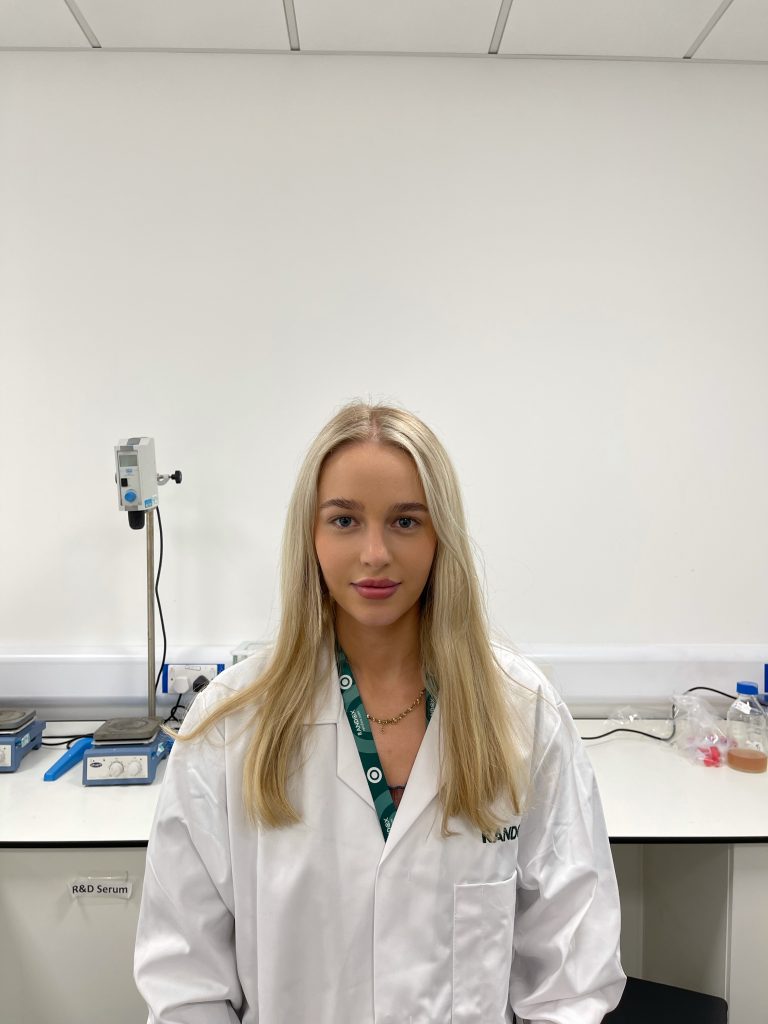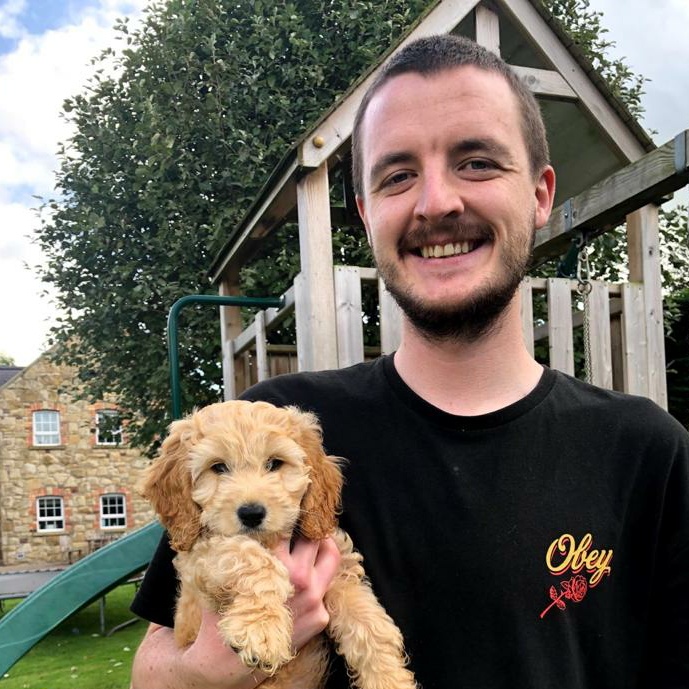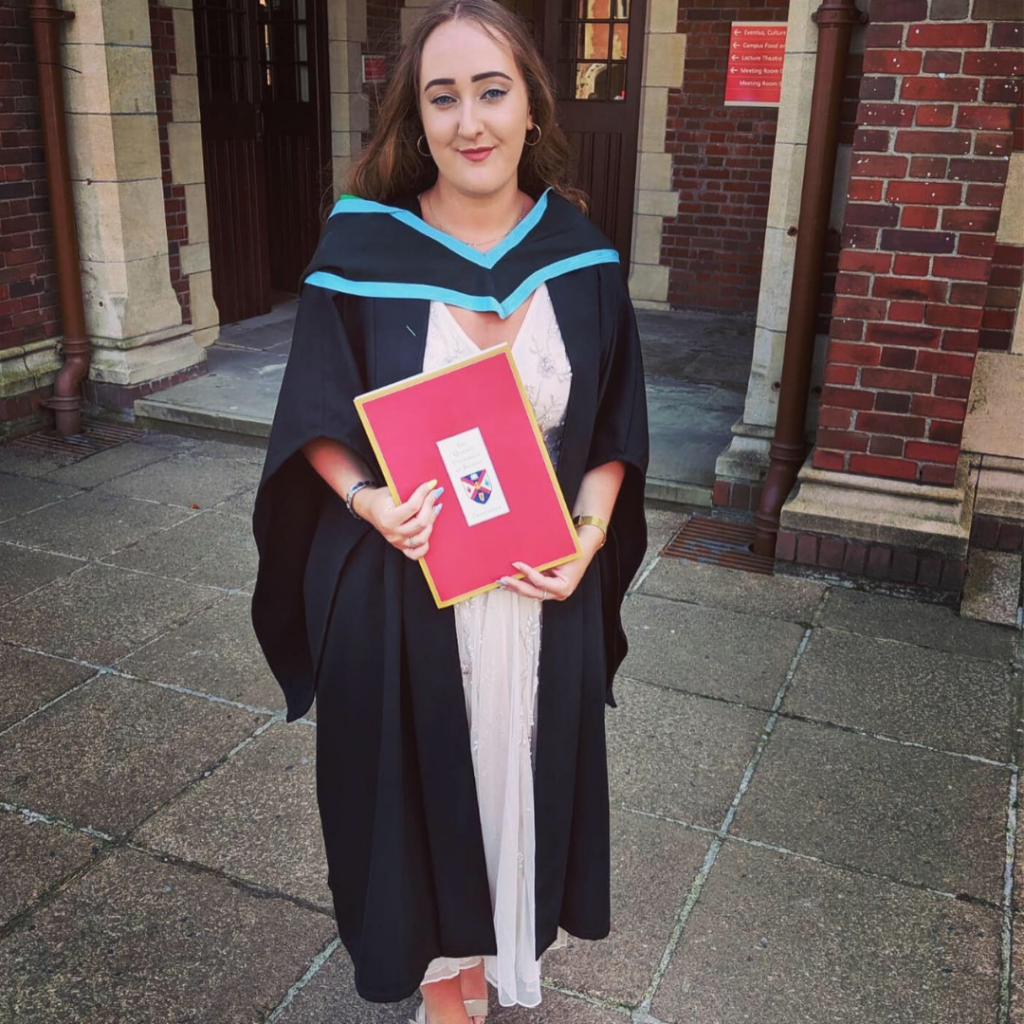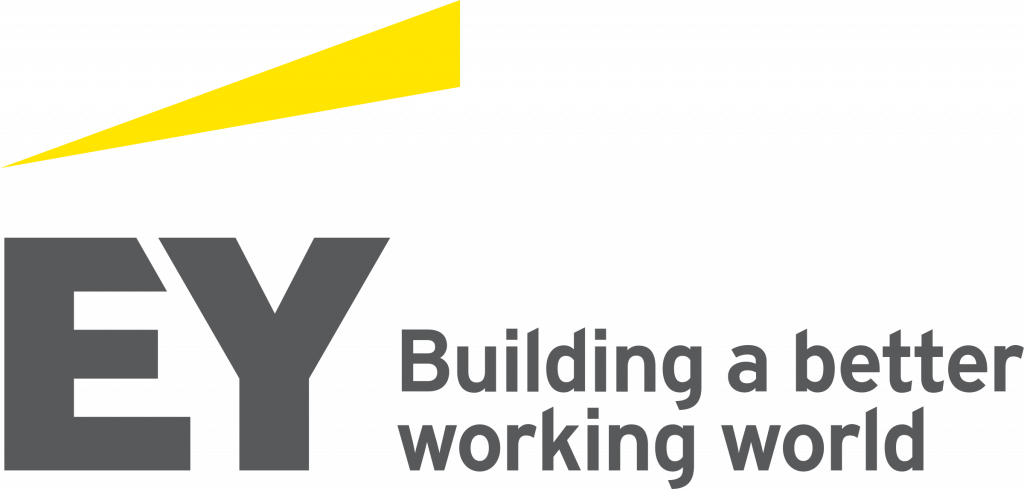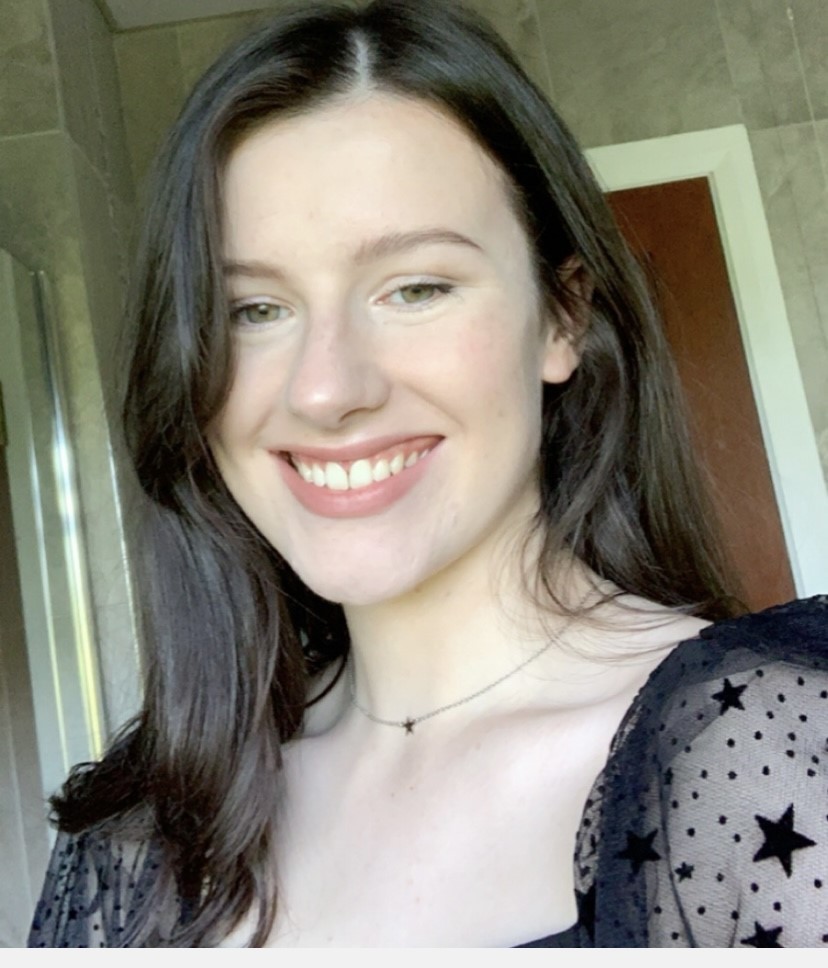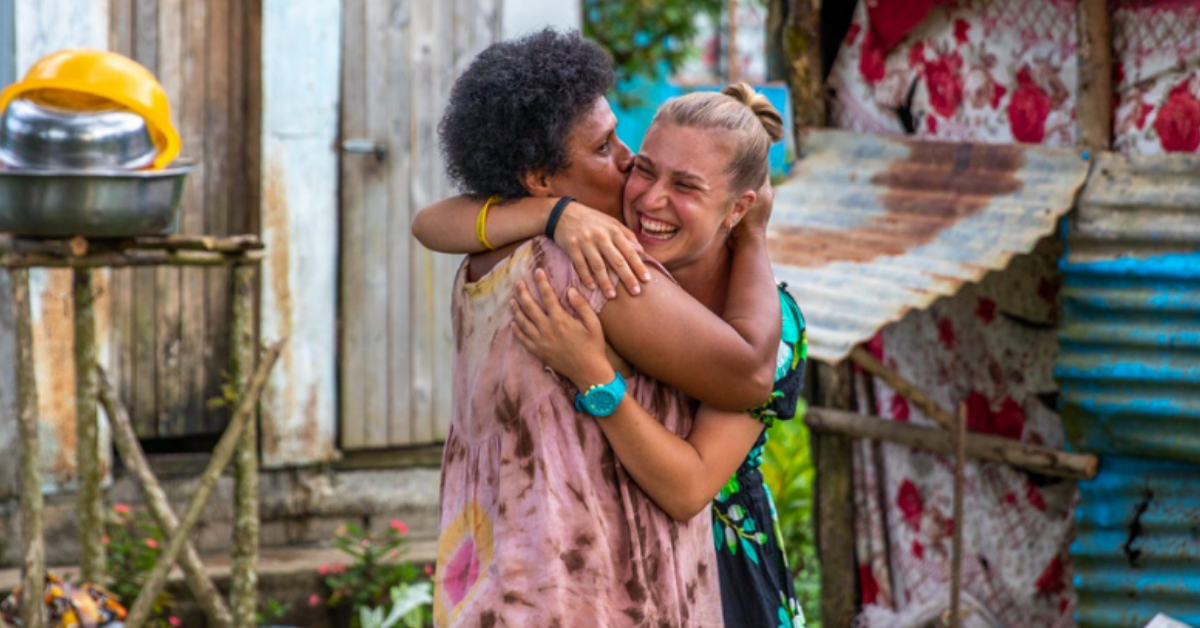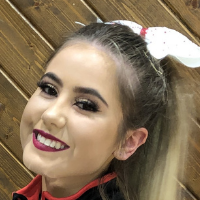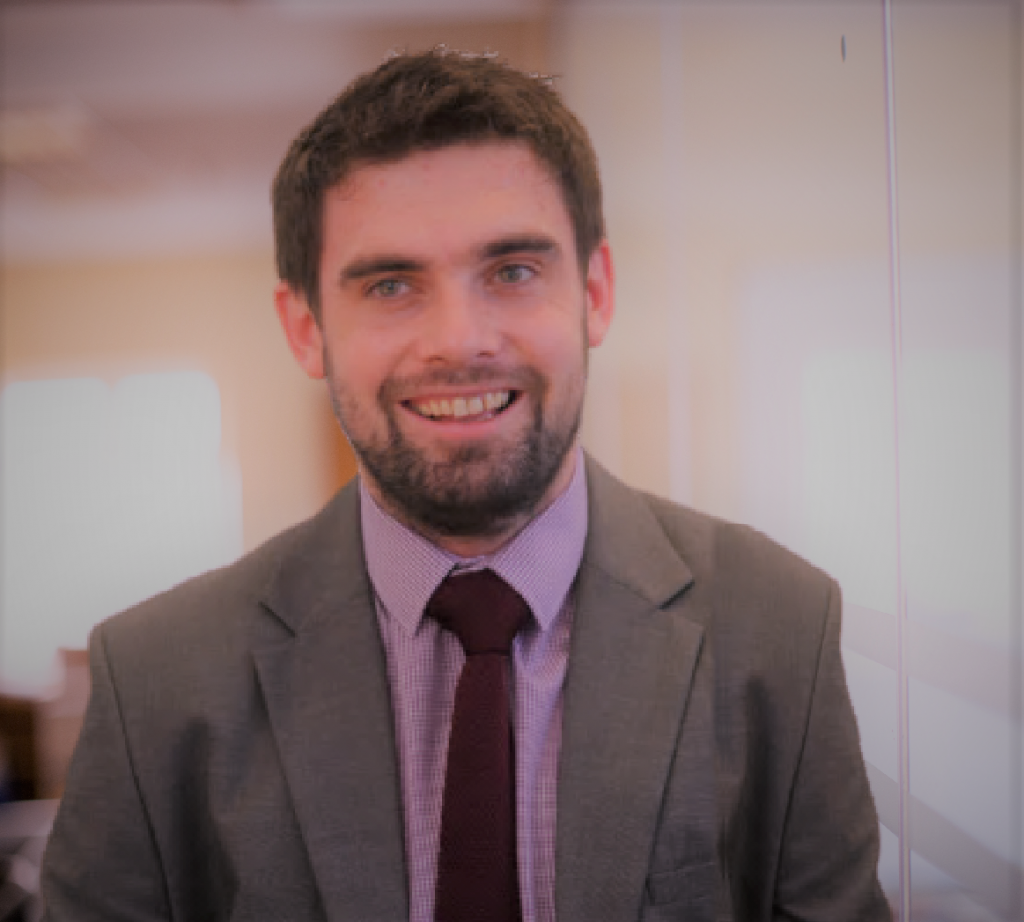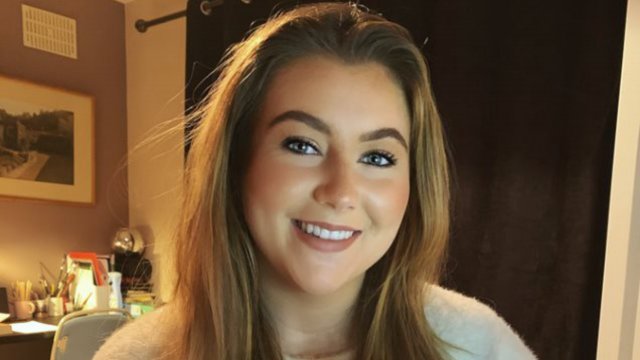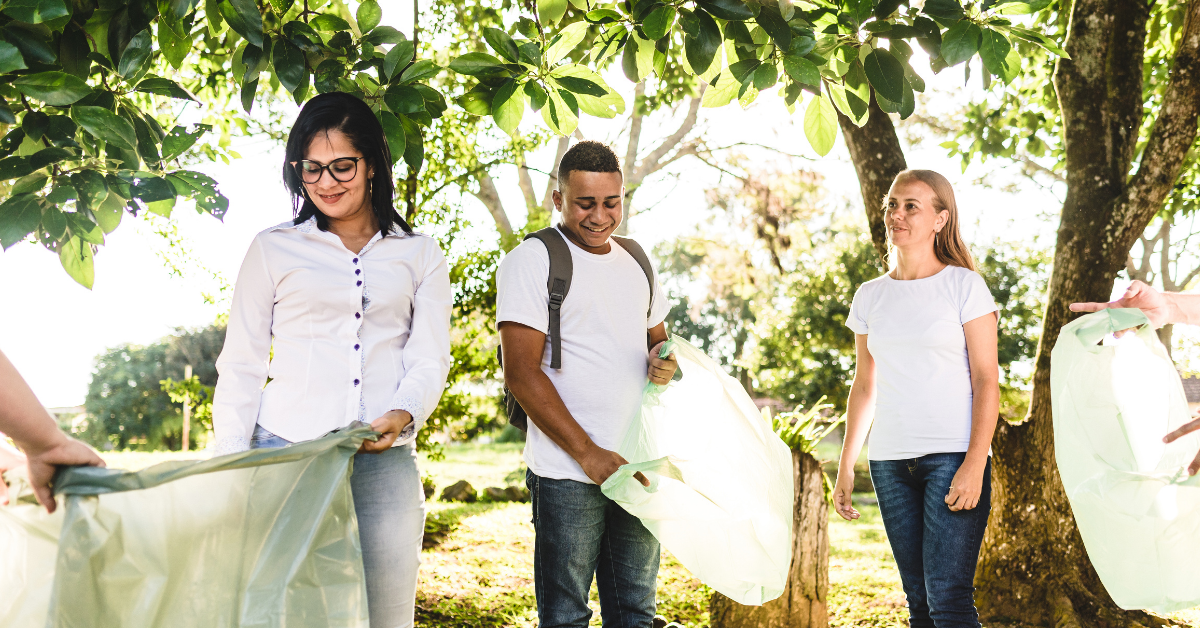MSc. Business Analytics graduate Sneha Parajuli is now a Strategic Management Analyst at KTP. Here is how she got there…
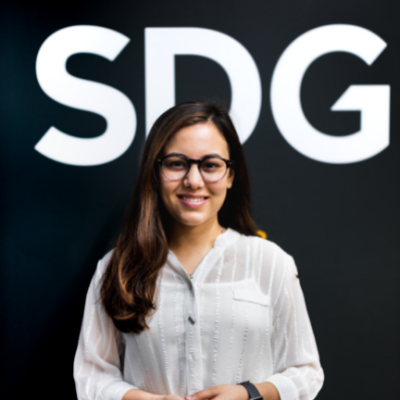
Describe your career path to date.
After finishing my Bachelor’s degree in Computer Science from my home country Nepal, I was working as a Data Quality Analyst over there. My original plan was to complete my Masters and then go back to Nepal to apply my learnings. I had multiple job offers there, but right after I submitted my dissertation, the KTP role caught my attention. The role was somewhat related to my dissertation, so I decided to give it a shot. Through a series of virtual interviews during the pandemic, I was able to get more info about the goals of KTP partner company SDG and how my analytical, marketing and data-science skills align to drive that goal. Soon after the interview, I was told I had been successful, and I would be starting in January next year. The job began with few weeks of university and company inductions and product trainings. With plenty of support from both my company and university supervisors, I feel like I have adjusted well to the role now and I love my new job!
Why KTP?
The idea that I will be able to solve the business goal of the company all while being supervised by expert faculties is what intrigued me. On one hand, I had the fresh ideas from my graduate program that I was hungry to apply in the real world, and on the other hand, the fact that I would be under the supervision of the faculty with the proven records; and that is exactly what I need at this point. Owning and managing a challenging project which is central to the strategic development and long-term growth of the business all while receiving full support from brilliant supervisors at Queen’s? COUNT ME IN!
What is your current role like? What about it makes you want to get up in the morning?
Currently I have been working mostly on capturing the overall view of how things currently work within the business, analysing it, developing, and recommending new models/strategies which requires a lot of interaction with the team. The amount of support I have received from the team here at SDG and my supervisors is incredible and I am always motivated to do more.
What does an average week look like for you?
My main goal has been about providing strategic analysis on different areas of SDG. That goal has wider scope, and my week is all about solving a subproblem from that big scope of work. This means I take part in the thoughtful discussions and meetings with the respective stakeholders, and design data-driven models as needed. Moreover, KTP has this amazing program for personal development, which I constantly use to improve my leadership, management, personal effectiveness and more through online courses throughout the week as a part of my mandatory KTP module.
What is the most challenging part of the job?
Because I “own” my own project, sometimes this can be stressful as I have to work under tight deadlines and get the work done on time. The project I am working on is something entirely new to the business and the business is changing rapidly which means it doesn’t always work out as we want it to. But with the support of my supervisors both in SDG and Queen’s as well as the team at work, we manage to get the work done.
What is the most rewarding?
Even though it has only been about four months into this role, I feel like being able to take charge and manage my own project ultimately working towards bringing a transformative, long lasting change within the organisation all while implementing what I have learned throughout my academic journey has been the best experience of my KTP journey so far. Not only this, I have also met so many talented individuals through KTP network where associates working in different companies across the UK share their experiences which is really exciting.
What are your career aspirations? What are your goals?
I believe I have a long way to go and want to keep learning more and keep developing my skills. I hope to continue working as a Strategic Analyst at least for a few years as I really love what I do. I would also love to learn more project management skills and work in a higher-level position someday.
In what way do you feel like you’re making a difference in your job?
I have received a lot of feedback about how my project, with new and innovative ideas, has brought a positive change in the business. I can also see how the business has started to incorporate a lot of my recommendations and is slowly changing to smarter ways of working and I feel like getting to be a part of this is very rewarding.
What expectations did you have about this career path that you have found differed from reality – either good or bad?
I have some experience of working a corporate job for a big company in Nepal and I felt like working for KTP is going to be somewhat similar. But I was so wrong in this regard as KTP offers so much more. KTP encourages the associates to spend approximately 10% of their time on training and development activities to help them gain valuable skills for their personal development and prepare for the future. In fact, we are also given a separate training and development budget which I think is huge.
What skills did you learn at Queen’s that have helped you in your career?
During my time at Queen’s, both as a student and working as an international ambassador, I learned a lot about time management, working under strict deadlines, teamwork, and most of my analytical skills from my course.
What advice do you have for students and graduates wanting to apply for a KTP?
Always keep being updated with the KTP openings and keep an eye out to something that interests you. Never hesitate to apply even if you think you won’t make it as there’s always a possibility that you will. Coming from someone who didn’t even think of working in the UK, I ended up getting the job I always wanted, and I am so happy I applied. KTP is much more than just a regular job, you will learn so much throughout your journey, hone your skills in so many areas and it will definitely be worth it.
How did your Queen’s experience help your personal and professional development?
Getting a master’s degree from Queen’s has been an added bonus for me in so many ways. Not just the technical knowledge from the course, I also undertook multiple leadership courses like Master your Leadership, Inspiring leaders, and Leadership in Practice which definitely helped me develop my personal skills, improve my communication and also enhance my leadership capabilities which I think instilled so much confidence in me.
What’s the one thing you’ll never forget about your time at Queen’s?
Actually, there are two – Sleepless nights during dissertation (which became so much rewarding to me later) and Graduation day as it was the day I finished my degree and was so happy!
Interested in KTP at Queen’s? KTP will feature on our @QUBCareers Instagram during the week commencing 19 July talking about creativity and lateral thinking. Visit the Gradfest2021 site to find out more.

KTP are proud sponsors of Gradfest2021


